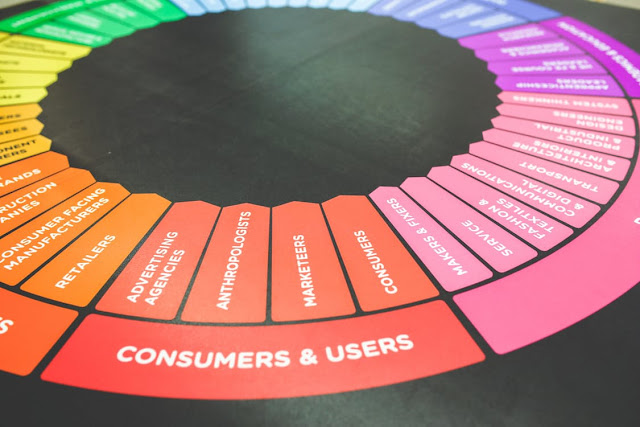
Achieving the optimal customer experience requires a comprehensive organizational approach. Every employee, every process, every product and development chain needs to be guided by the idea of offering customers the greatest experience. If you can do that, then you’ll establish the kind of customer fandom that has them lining up to buy stuff you haven’t even released yet.
A good example is iFlexion, a company that offers a wide array of web development services. A look at their application development reveals a customer-centric model that is fully tied to their design and implementation approach.
How to be like iFlexion and implement the innovations that foster amazing customer experiences?
1. Focus on Outcomes
Of course you offer products and/or services, and you’re very involved in making sure they work properly and make it to the finish line, but guess what customers are most concerned with? Outcomes. It’s not the products and services that are first on their mind, but the outcomes they offer. If you want them to like what you provide, work to optimize outcomes. Also, as Dr. Richard Piper points out, you should spend as much time figuring out how to measure outcomes as you do determining what outcomes you want to achieve.
2. Hone Your Role
Your involvement in customer experience shouldn’t be a mystery. It needs to be clearly written out, discussed, and practiced in collaboration with different stakeholders in your organization. So instead of having employees who think of themselves as “doing or making specific things,” get them to think of themselves as “achieving desired customer outcomes in specific ways.”
3. Raise the Happiness Ratio
It’s not that difficult to crunch the numbers and come up with a ratio between how often your customers are happy and how often they’re not. This ratio should be plastered all over your company’s environment. Come up with ways to make it fun and rewarding for everyone in your organization to work on getting this ratio as high as possible. In a sense, it’s the only number that really matters.
4. “Customerize” Your Motives
Everything you and your employees do emerges from a motive. Perhaps it’s just personal gain, perhaps it’s to do a great job, or perhaps it’s to do as little as possible. But if you want to create a great customer experience, then that has to be your motive. Instill your products/services with that motive, and your customers will respond positively.
5. Steal like Great Artists
All day long you interact with other companies, which means you’re constantly having customer experiences. So all you have to do is to steal the good ones for your own organization. In other words, be open-minded and humble, and if someone’s got something great going on, copy it. Further, if a company does something horribly, be tough with yourself and ask, “Do we do that?” If you do, stop doing it.
6. Expand Your Concept of Creative
Too many companies are split into creatives and…what? Non-creatives? Wrong. Studies have actually shown that every single person is creative in their own way, and if you can tap into that creativity in everyone in your organization, you’re going to start having a lot more great ideas emerging internally that can improve customer experience. And while you’re tapping into creativity, make sure that your company has a positive listening culture so that people feel free to share their ideas and have the confidence that if good ideas are heard, something will be done to implement them.
7. Enjoy the Negative
It happened to everyone. You have a terrible customer experience, you ask to see the manager, and out she comes and…surprise, surprise…she’s really happy to hear your complaint! Why? Because she’s a great customer experience professional, and she’s truly grateful for the chance to have you teach her how to improve her business. Be like her. A customer who’s expressing something negative can actually become extra loyal in the long-run if they feel their concerns are being heard and responded to.
To get a real-world picture of a customer experience innovation, let’s go back to iFlexion for a moment. They were hired to revamp the Expedia Partner Network (EAN), a web platform used by over 10,000 company partners in 33 countries to manage hotel bookings on their websites. Sure, they could have just built a one-size-fits-all experience, but instead they came up with a web portal that is customizable to an extraordinary degree, from the look and feel to a customized CSS and more.
Product and service innovation isn’t enough to succeed in today’s customer-driven market. You have to constantly be innovating your customer experience. And you can.